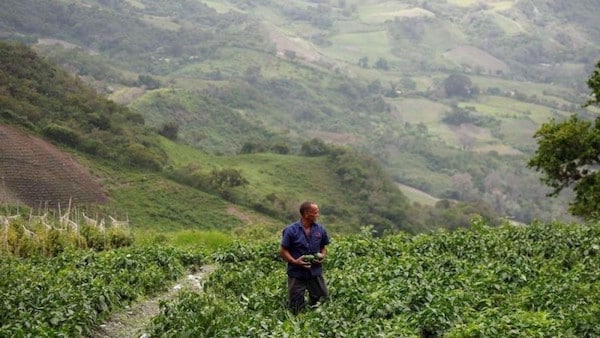
Venezuela’s Seed Law Should Be a Global Model

The Seed Law was the result of years of consultation with social movements and peasant organizations. In addition to prohibiting transgenics and the privatization of seed varieties, the law promises governmental support for the protection and expansion of farmer-run seed systems. The Seed Law created a National Seed Commission, comprised of four governmental representatives and…
Written by
Owen Schalk
–
–
Originally Published in
